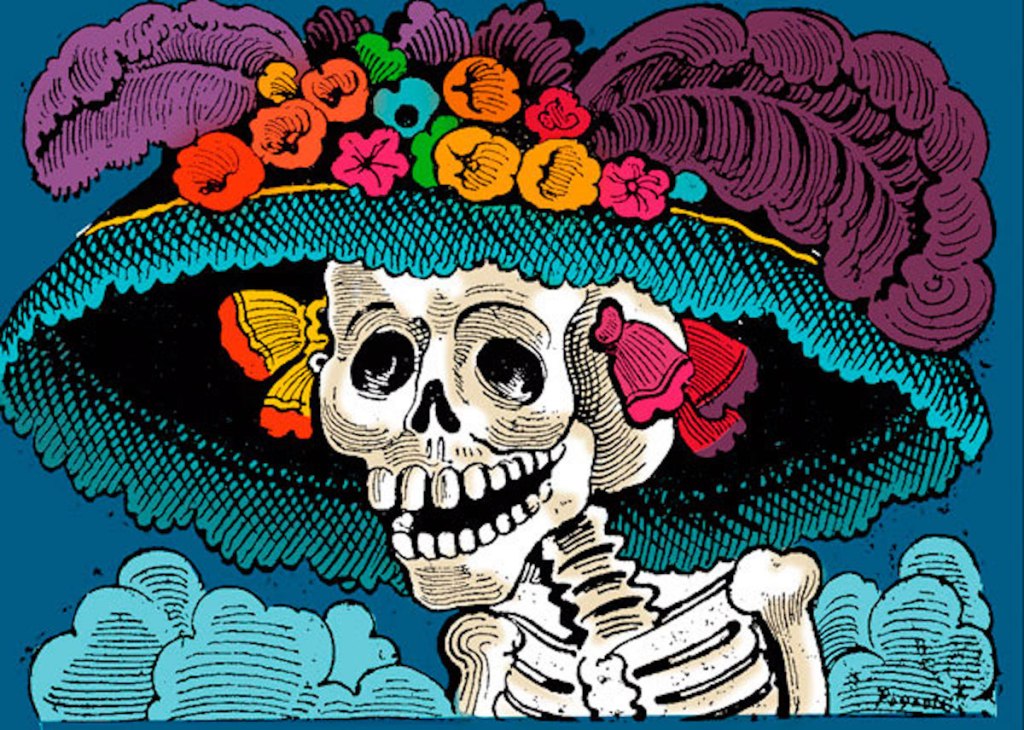Dear Readers, I am proud to have had this space to share my work and my writing prompts since 2009. And I thank you for following me here, for all of your wonderful comments and likes, and for taking the time to read my work.
I hope you will follow me to my Substack account, The Writing Catalyst, where I will continue to post my writing and the prompts that inspired them. I’ve subscribed you to the new newsletter free for three months. After that, you can continue to subscribe for free, or pay for a subscription; you can also unsubscribe. The new Substack site allows me to offer virtual writing workshops, podcasts, and so much more. I hope you’ll follow me there.
Thank you for being here with me all these years. Keep writing. Keep reading. And please, keep in touch.
_________________________________________________________________________________________

(The prompt: This piece was written in response to Adrienne Rich’s poem, “Diving into the Wreck”)
“Don’t write about her again,” my inner adolescent says, and he sounds like he’s almost pleading. “Nobody wants to hear about our dead mommy anymore. Especially me.”
It’s too early for a visit from this boy: 8:00 a.m. at the kitchen table. My journal is open in front of me, the pen is poised above the paper, my arthritic hand still stiff from sleep. Not you again, I think, with your full, dark eyebrows and your messy head of wavy hair.
“Are you just going to ignore me?” he asks. He’s in that baby blue Disney sweatshirt, the one with the peeling white silkscreen of the castle on it. The sleeves are too short for him, but he never takes it off, even in the summer, because it brings out his eyes. Someday, I want to tell him, you’ll visit that castle in southern Germany, the one that inspired Walt Disney, and you’ll be so sick with food poisoning, and so filled with sorrow for the lonely gay king who built that place, you’ll never want to return. But at his age, it’s still a poster on his wall with a Hallmark cliché at the bottom; at his age, that castle is still a beautiful dream.
“I’m trying to write in my journal,” I say.
“I know,” he snaps back. “And I’m telling you not to write about her again.”
I’m remembering now the journal from our sophomore year in high school. Notebook paper bound by a simple green cover. We spent 15 minutes writing every period in my Psychology of Literature class. It was our private work; we didn’t have to share anything we didn’t want to share. I wrote a lot about John Lepsin, about his ice blue eyes and black hair, his big beautiful nose. I wrote tortured unrequited love poems that vacillated between raw desire and fantasies of revenge. But I never wrote about Mama. Only once. Something like, “Things have been pretty weird around the house. Mom has this memory disease and…I don’t want to write about this.” And so, I never did. Until my senior year, when I plagiarized the ending of a piece from the NYTimes Magazine my brother had shared with me. And then again in college, when I couldn’t write about anything else.
“I’m your scribe now,” I tell my younger self. “I’ve filled volumes of notebooks with sorrow and longing, with guilt and shame.”
“I know!” he’s says, slapping his pretty young hands down onto the table. “It’s too much! Stop already. Enough! Basta!” He sounds just like her when he says that, and I giggle a little. “What?” he says, suppressing a giggle himself. We are on the verge of busting up, like two kids in church.
“C’mon!” he says. “I mean it.”
But I am already writing. Mom would have been 100 today. He groans. If she would have lived this long, she probably would have been a mess.
“A beautiful mess,” he says out loud.
“Like you,” I say.
“Like you,” he says.
And then we dive down into the wreck together. It’s my job to shine a light for him. He closes his eyes, holds his breath, and down we go.










